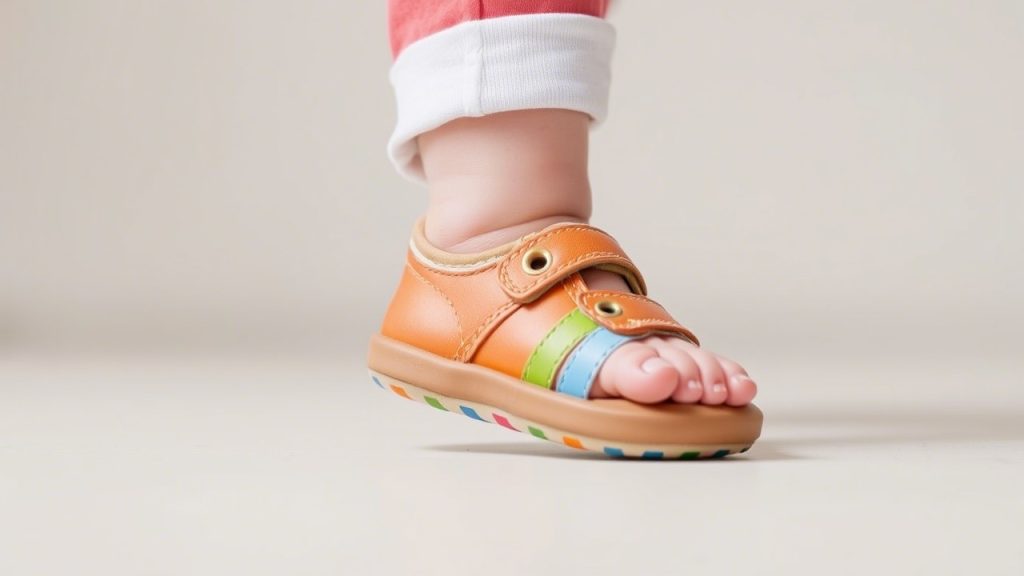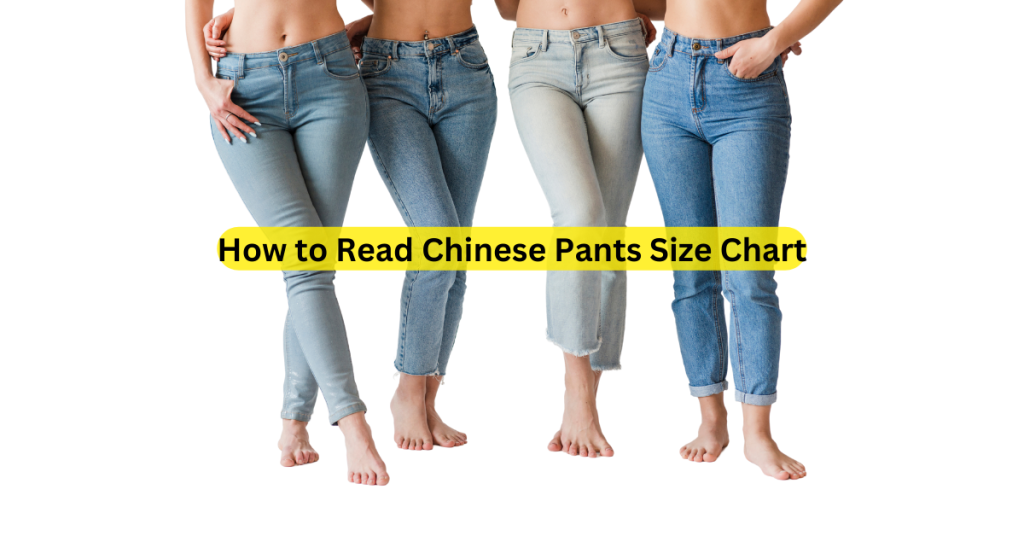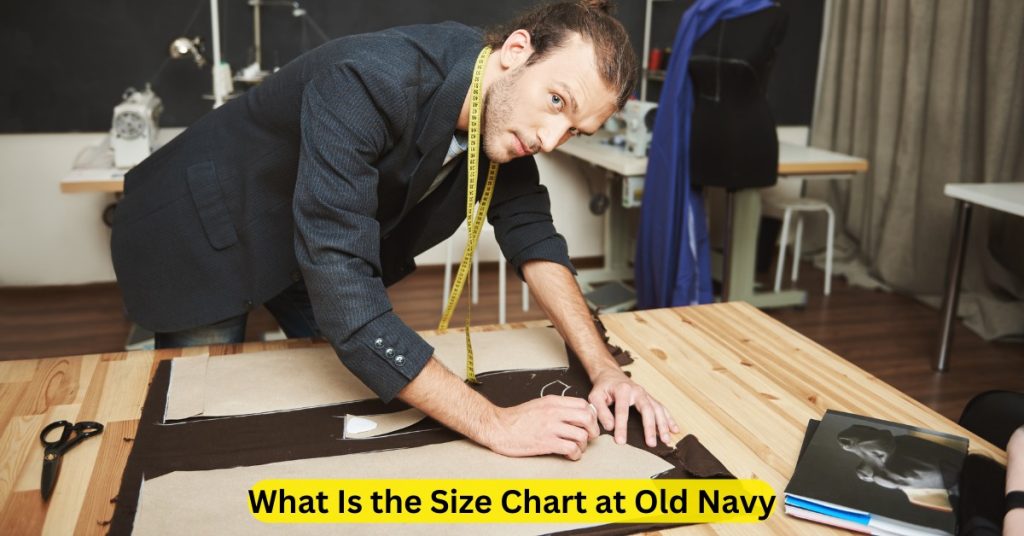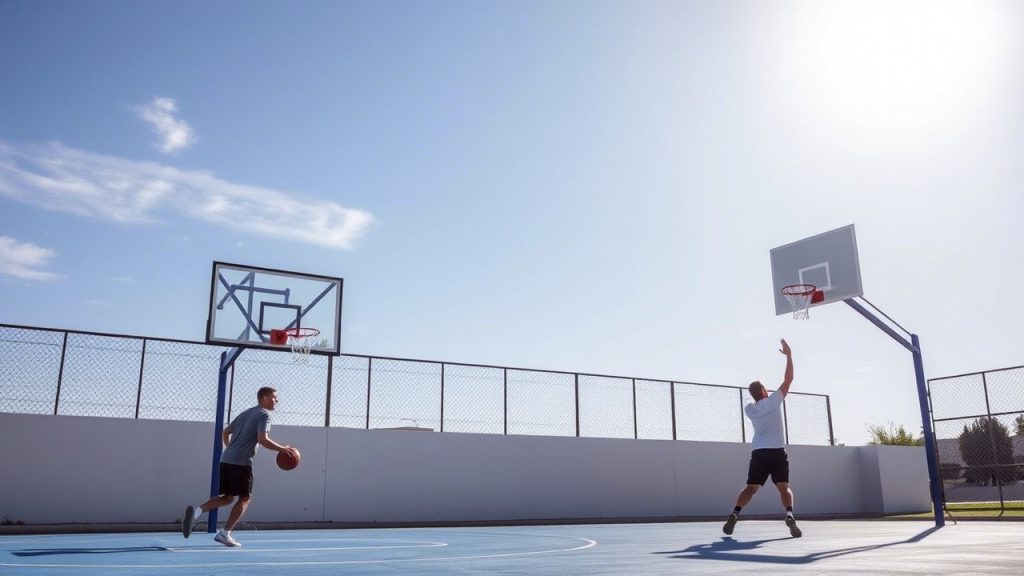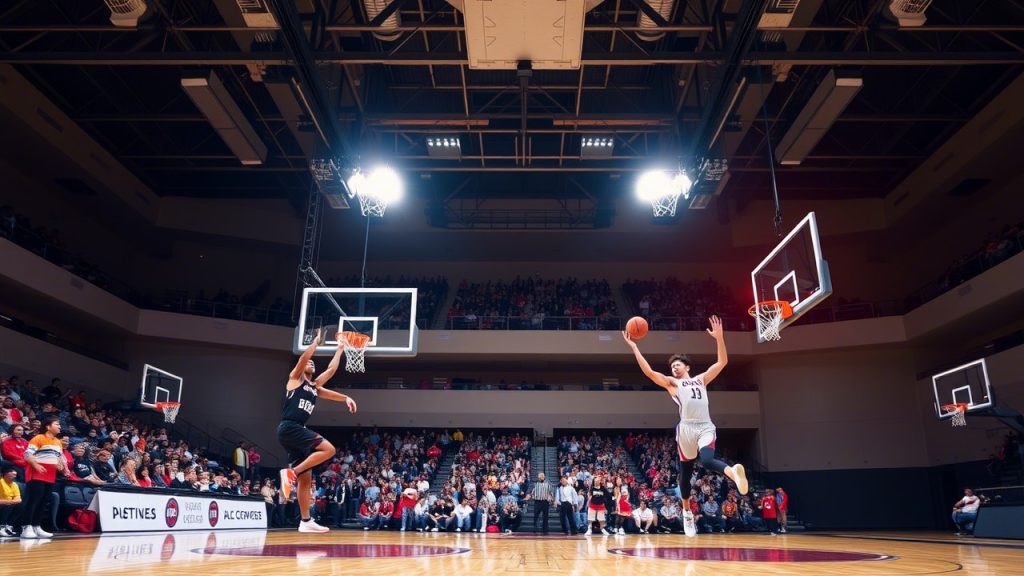Watching your toddler take their first confident steps is an unforgettable experience. However, toddlers are still developing their sense of balance, movement, and coordination — skills that can be greatly influenced by the shoes they wear. Choosing the right footwear isn’t just about cute designs; it’s about providing the support and structure they need to move confidently and safely.
We’ll explore the 15 best toddler shoes for better coordination, highlight what features to prioritize, and answer 9 frequently asked questions to help you select the perfect pair for your growing explorer.
Why Proper Shoes Improve Toddler Coordination
Toddlers need shoes that allow for:
- Natural movement: Flexible soles help toddlers “feel” the ground and adjust their balance.
- Secure fit: A snug heel and roomy toe box promote stable steps.
- Lightweight support: Heavy shoes can throw off a toddler’s balance.
- Good traction: Proper grip prevents unnecessary slips and falls.
- Foot health: Shoes that encourage proper foot alignment help develop stronger muscles and better coordination.
By focusing on these features, you can give your child the foundation they need for improved motor skills and confidence in every step.
15 Best Toddler Shoes for Better Coordination
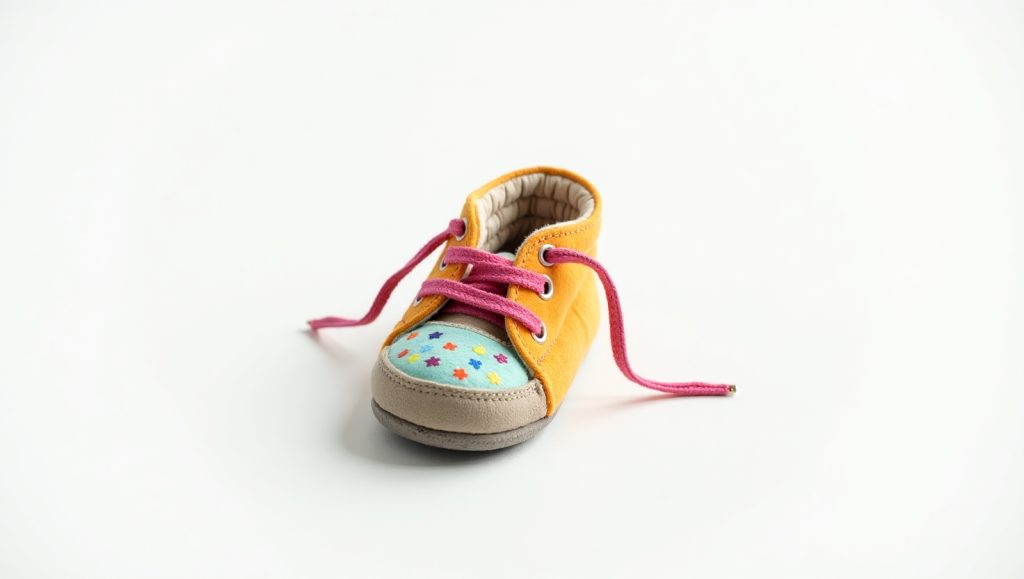
1. Stride Rite Soft Motion Kylin Sneaker
Designed for early walkers, the Soft Motion Kylin promotes balance and steady steps with its flexible soles and secure design.
Key Features:
- Rounded edges to prevent stumbling
- Soft memory foam footbed
- Lightweight construction
- Breathable materials
2. See Kai Run Stevie II First Walker
Stevie II combines flexibility with lightweight protection, helping toddlers feel the ground while staying protected.
Key Features:
- Flexible rubber outsole
- Adjustable hook-and-loop strap
- Wide toe box for natural movement
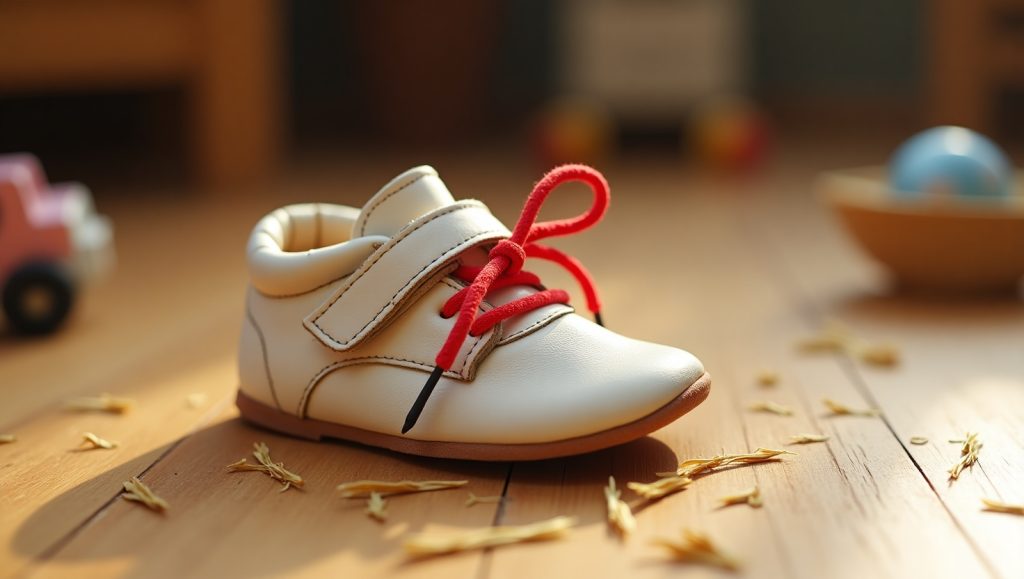
3. New Balance 990v6 Toddler Sneaker
These stylish sneakers offer more than good looks. They provide excellent arch and heel support without compromising flexibility.
Key Features:
- Lightweight EVA foam cushioning
- Secure Velcro closure
- Durable yet breathable materials
4. KEEN Seacamp II CNX
Perfect for adventurous toddlers, the Seacamp II CNX provides sturdy foot protection while promoting free movement.
Key Features:
- Flexible, thin sole for ground feel
- Secure fit lace-capture system
- Multi-directional traction
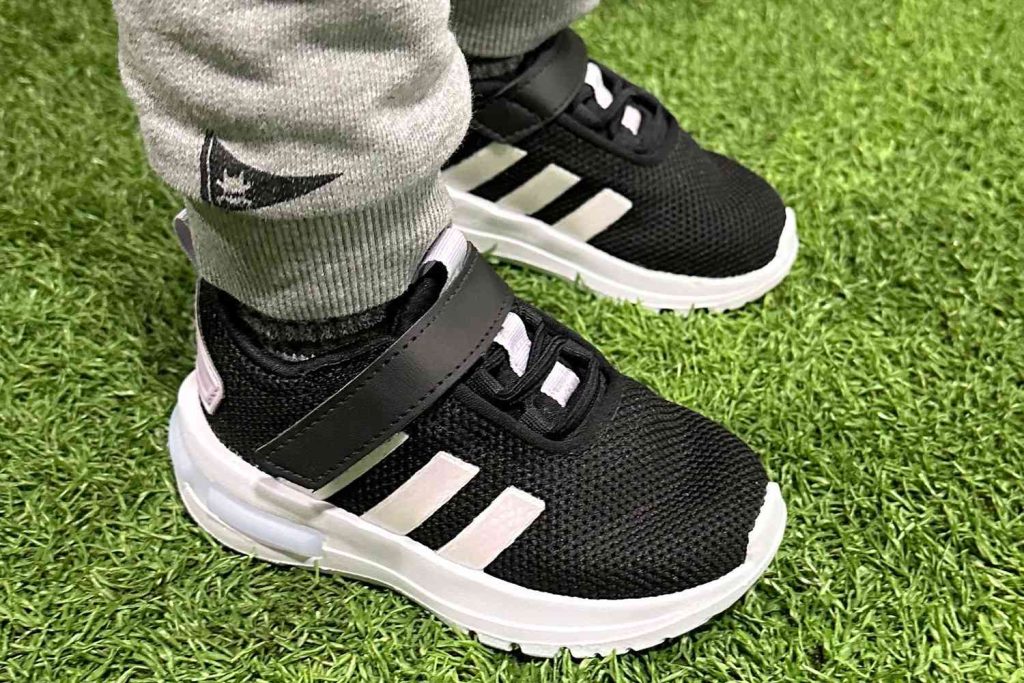
5. Tsukihoshi Racer Sneaker
Tsukihoshi designs are recommended by pediatricians for promoting proper foot development and coordination.
Key Features:
- Lightweight and ultra-flexible
- Antibacterial insole
- Machine washable
6. Pediped Grip ‘n’ Go Gehrig
Pediped shoes are structured yet flexible, giving toddlers the support they need for better balance and coordination.
Key Features:
- Soft rubber sole
- Padded ankle collar
- Secure Velcro fastener
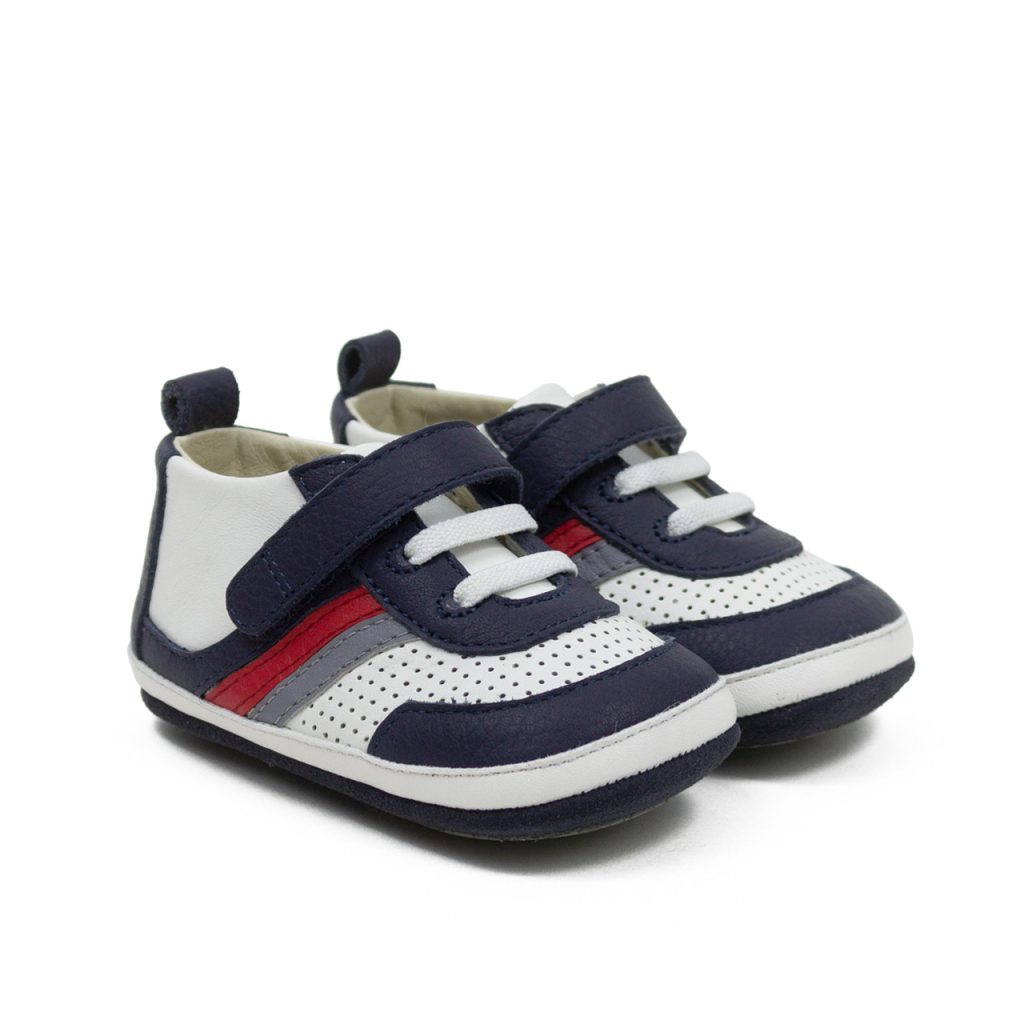
7. Livie & Luca Ruche Mary Jane
For stylish toddlers, the Ruche Mary Jane offers elegant design with foot-friendly features that enhance balance.
Key Features:
- Flexible outsole
- Cushioned footbed
- Wide toe box
8. Native Shoes Jefferson
Lightweight and waterproof, these slip-ons are great for developing walkers who need a no-fuss option.
Key Features:
- EVA construction for shock absorption
- Wide fit for natural toe splay
- Ventilation holes for breathability
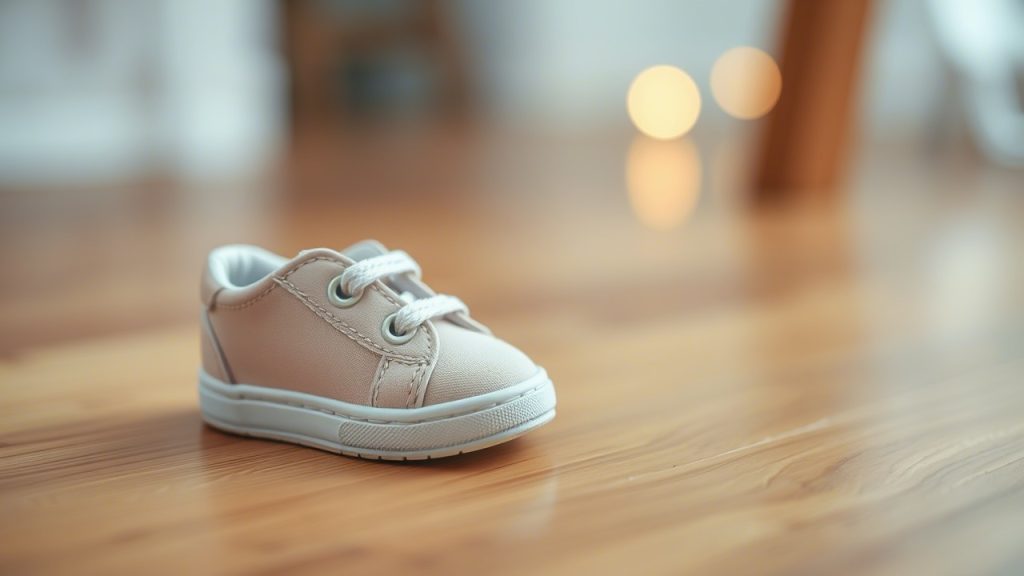
9. Bobux Xplorer Go
Specifically crafted for first walkers, the Xplorer Go supports unrestricted, natural movement.
Key Features:
- Super flexible sole
- Soft, breathable leather
- Elasticated ankle for a secure fit
10. Merrell Bare Steps Hiker
Merrell’s Bare Steps line encourages natural movement with a barefoot feel, boosting coordination naturally.
Key Features:
- Extra-wide toe box
- Deep grooves for better grip
- Reinforced toe for protection
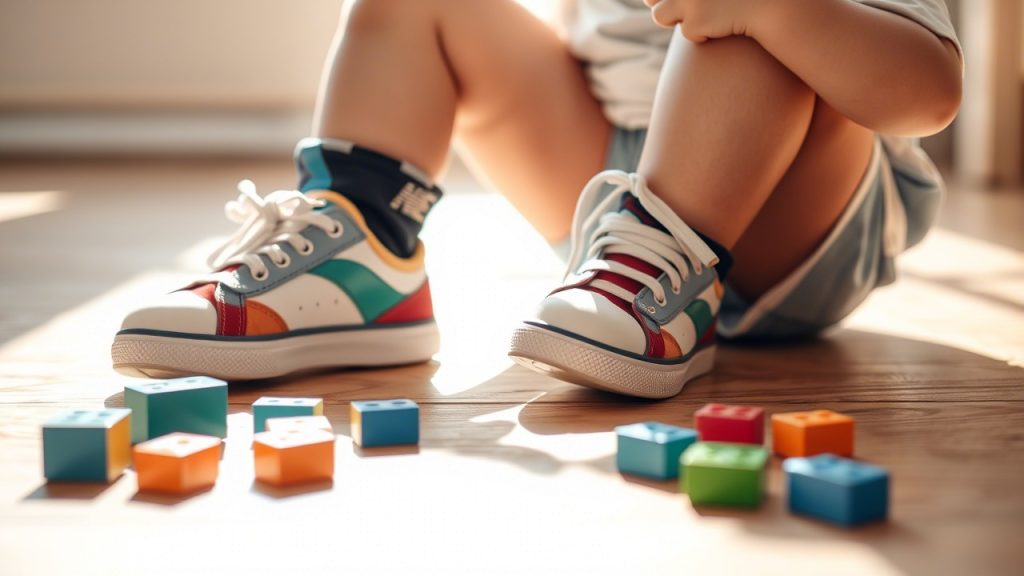
11. Ten Little Everyday Original
Designed with pediatricians, Ten Little shoes ensure a perfect fit and natural gait development.
Key Features:
- Zero-drop design
- Flexible, grippy sole
- Vegan and breathable materials
12. Robeez First Kicks
Robeez First Kicks are perfect for toddlers needing lightweight, flexible protection as they improve their motor skills.
Key Features:
- Soft suede outsole
- Elasticized ankle for secure fit
- Breathable leather upper
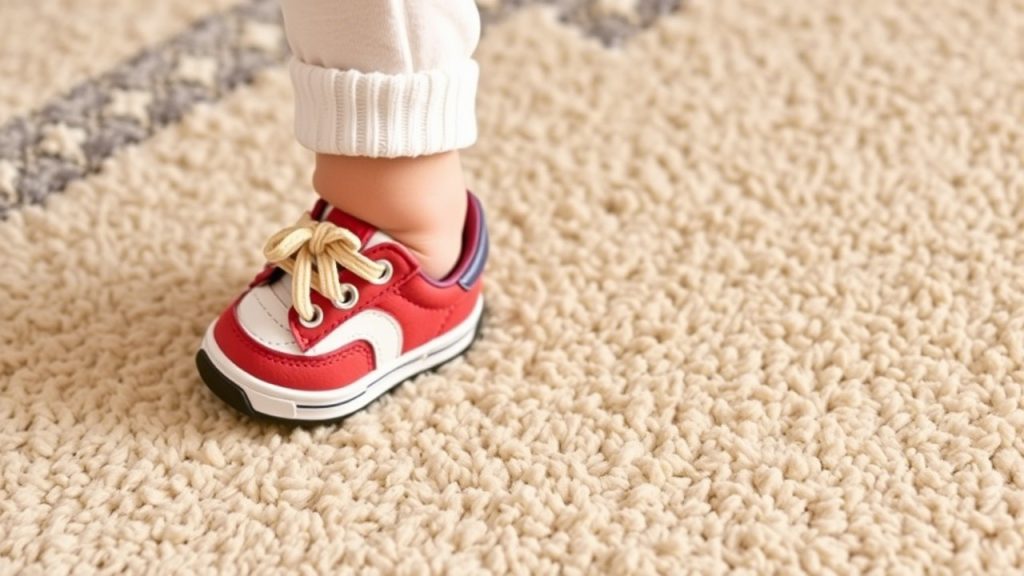
13. PLAE Ty Sneaker
With customizable fit features and durable soles, PLAE shoes help toddlers feel grounded and confident.
Key Features:
- Interchangeable Velcro tabs
- Flexible, traction-enhancing soles
- Eco-friendly materials
14. Vans Old Skool V Toddler
Offering both style and function, the Old Skool V delivers good support and excellent grip for everyday adventures.
Key Features:
- Padded collar for comfort
- Velcro closure for easy fit
- Rubber waffle outsole for grip
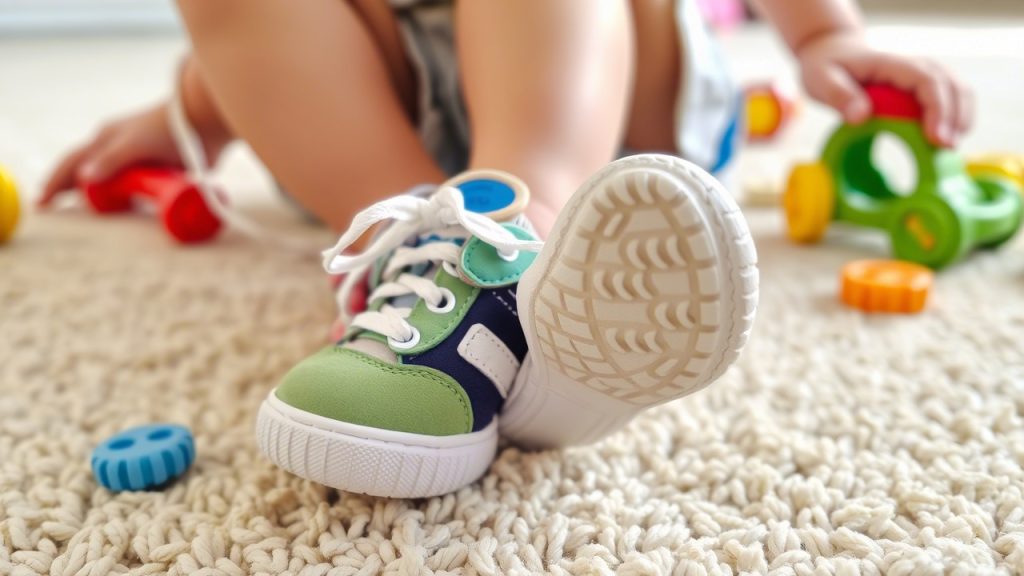
15. Adidas Toddler Advantage Sneaker
The Adidas Advantage Sneaker provides a firm yet flexible sole that’s great for toddlers who are always moving.
Key Features:
- Smooth synthetic upper
- Secure strap closures
- Lightweight cushioning
Key Features to Look for in Toddler Shoes for Coordination
- Flexibility: The sole should easily bend in your hand.
- Secure Fit: Ensure a snug heel and adjustable closure.
- Wide Toe Box: Allow natural toe spreading.
- Lightweight Materials: Prevent heavy dragging steps.
- Grippy Outsole: Reduce slipping and encourage steady movement.
Always remember to prioritize proper shoe fitting. A poor fit can interfere with a toddler’s developing sense of balance.
9 Frequently Asked Questions
1. How do shoes impact toddler coordination?
Shoes that are too stiff, heavy, or loose can hinder natural walking motion, while flexible, properly fitted shoes encourage balance and healthy motor skill development.
2. Should toddler shoes have arch support?
Not necessarily. Most toddlers have flat feet that develop arches over time. Flexibility and natural foot movement are more important than built-in arch support at this stage.
3. How often should toddler shoes be replaced?
Generally every 2–4 months or when they outgrow them. Watch for signs like worn soles, tightness, or complaints about discomfort.
4. Are barefoot shoes better for toddler coordination?
Many experts suggest that minimalist shoes (barefoot-style) improve coordination because they allow toddlers to “feel” the ground better and adjust their steps naturally.
5. How can I tell if my toddler’s shoes fit correctly?
You should be able to fit a thumb’s width between your toddler’s longest toe and the shoe’s front. The shoe should not slip off at the heel when walking.
6. Are slip-on shoes okay for toddlers learning to walk?
Slip-on shoes can be fine if they fit securely. Shoes that slip around the heel or are too loose can cause balance problems.
7. What materials are best for toddler shoes?
Breathable materials like leather, mesh, or vegan-friendly fabrics that are lightweight and flexible are ideal for growing feet.
8. Should toddlers wear shoes indoors?
At home, barefoot walking or wearing non-slip socks is often better for balance and foot development. Shoes are best used for outdoor protection.
9. Can the wrong shoes cause walking problems?
Yes. Ill-fitting or overly stiff shoes can delay motor skill development, lead to tripping, and even cause future foot problems.
Final Thoughts – Setting the Foundation for Confident Walking
Your toddler’s journey toward better coordination starts with the right pair of shoes. By choosing supportive, flexible, and properly fitted footwear, you help your child build the strength, balance, and confidence they need for a lifetime of healthy movement.
The 15 best toddler shoes for better coordination listed here offer a wide range of options — from sporty sneakers to outdoor-ready hikers — so you can find the perfect match for your little adventurer’s daily needs.
Choose wisely, fit carefully, and enjoy watching your toddler’s steady and confident steps lead them to new adventures every day!

